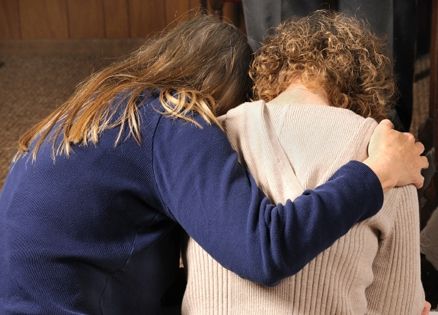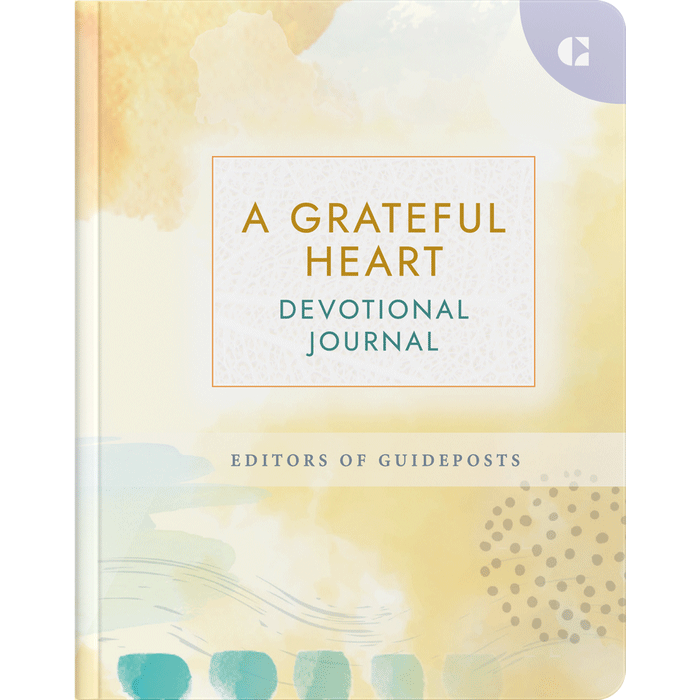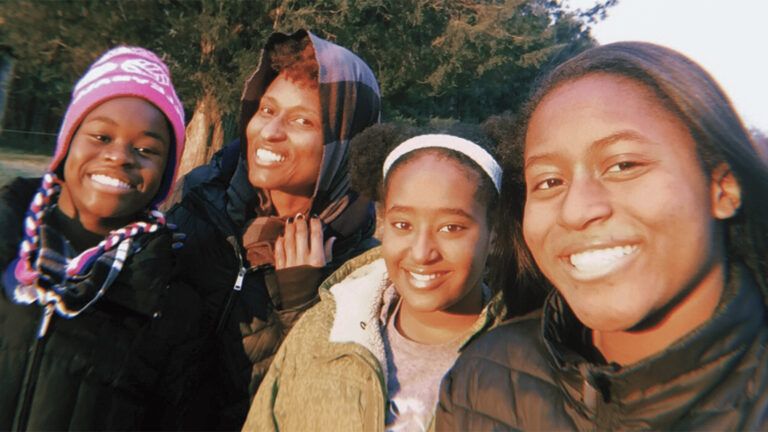We all suffer wrongs, big and small, on a daily basis. Another shopper cuts in front of you in the grocery store line. A coworker takes credit for your idea. A friend talks about you behind your back. A parent wasn't there for you. A spouse has an online flirtation.
If, as Alexander Pope famously wrote, "To err is human; to forgive is divine," sometimes we're all too human, aren't we?
Depending on the grievance and the person who erred, forgiving can seem not just difficult but impossible. Angry, vulnerable, frustrated. We replay hurtful experiences again and again in our minds, for weeks, months, even years.
While it’s easy to recognize the emotional and spiritual toll, did you know that holding a grudge, can be heartbreaking—literally?
Research over the past decade has proven that rehashing past wrongs can have a negative impact on all of the body’s systems. But the heart is particularly affected. The increase in heart rate and surge in blood pressure can lead to ailments ranging from insomnia to cardiac arrest.
Over time—whether you keep reviewing the same wrong, or are constantly stressed by everyday slights—the cardiovascular system is worn down. Each time you get excessively angry, some toxic debris remains.
“Our culture is very anger-based,” says Fred Luskin, author of Forgive for Good. “Like anything, practice makes perfect. So the more often you’re angry, your body settles into the habit of being angry, and it becomes easier to become angry, and harder to experience joy.”
But how do you reclaim your life and heal your heart? You can learn to let go of the past and the pain, and release your conflicted emotions. In short, actively practice forgiveness.
A recent study co-authored by Dr. Robert Enright involved men who had both a heart-related illness and who were also nursing a deep emotional wound. After four months of forgiveness training, the men not only had psychological gains, but the restriction of their arteries had lessened as well.
“One of the most powerful discoveries we’ve made in the 24 years I’ve been studying forgiveness,” says Enright, “is that excessive anger is an enemy of the body, and forgiveness is a major antidote.”
This is not to say you should simply dismiss your pain and ignore what has happened. That, according to clinical psychologist Janis Abrahms Spring, Ph.D., author of How Can I Forgive You?, is "cheap forgiveness," an unhealthy approach that is doomed to fail because "it's a desperate attempt to cover up the injury" rather than come to terms with it.
Often people avoid confronting pain, and the offender, out of fear of conflict; of losing a connection, however dysfunctional; of facing up to the possibility of having had a role in the situation. Spring advocates acceptance: You acknowledge fully the wrong that's been done, "clear your head of emotional poison" then move on.
You might choose to have no relationship with the other person, or to have a limited one, whatever allows you to remain true to yourself. This works even when the other person is unwilling to make things right. Spring emphasizes that acceptance is a gift to yourself, not to the offender.
Luskin, cofounder of the Stanford Forgiveness Project, has a similar take. "Make a commitment to yourself to do what you have to do to feel better," he says. "Forgiveness is for you, and no one else."
Life experiences become grievances because we have what Luskin calls "unenforceable rules," expectations about how someone should act, or how things should happen, when we have no control over either.
Luskin learned this the hard way when a close friend rejected him for no apparent reason. He started researching forgiveness because he was distraught and bitter over the loss of the friendship.
"I was operating under the delusion that I owned this friend," he says. "The truth is, you don't own anybody. You can only hope they make good decisions and sometimes they don't."
This month is a good time to begin to practice forgiveness. The key word here is “practice.” A good place to start? Forgive yourself for downing half that gift box of chocolates in a sitting.






